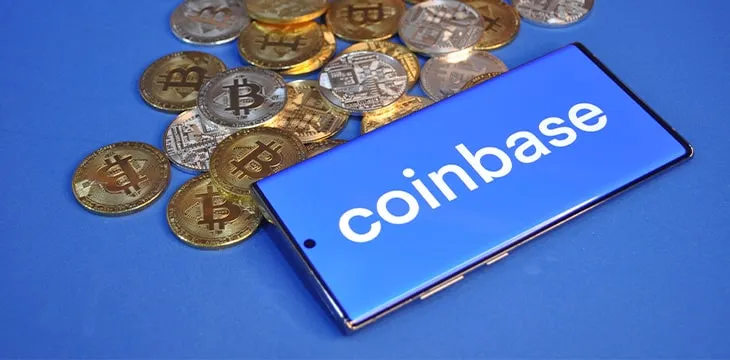|
Getting your Trinity Audio player ready...
|
Major exchange Coinbase (NASDAQ: COIN) has finally acknowledged a significant problem in the blockchain world: it’s still too easy to lose access to assets you legally own. The company is about to launch its ERC-20 self-service asset recovery tool, designed to help users regain assets they may have lost in mistaken transactions to Coinbase wallets.
The problem arose from users sending ERC-20 tokens not supported by Coinbase’s platform to their user wallets. In these cases, a transaction will confirm on the blockchain, but never show up in their Coinbase balance—effectively stranding them in the, er, ether.
If a user can show a transaction proving they owned the assets and send them to Coinbase, the exchange will identify the transaction and hopefully return them to the sender. The recovery system requires losses of at least US$100, and Coinbase will charge a 5% fee (in addition to network fees) per use.
A blockchain asset recovery system? Sounds familiar
This all sounds very similar to something Bitcoin creator Dr. Craig S. Wright has proposed for years: a means to recover lost assets you legally own. This would cover not only funds sent in error, but also those who’ve lost digital assets through illegal activity, like thefts and hacks.
Dr. Wright aims to restore the Bitcoin Alert Key system, which would send a message to all transaction processors (miners) notifying them to freeze specific UTXOs and ultimately return funds to their rightful owners. It would not “reverse” existing records/transactions on the blockchain, but instead create a new record, which would also be timestamped and saved forever.
Such a universal recovery system requires a court order and miners’ cooperation to enforce. Given the scale and expense involved in this process, it would be used for large-scale recoveries such as the 111,000 BTC lost by Wright’s company Tulip Trading in a 2020 hack attack.
There has been strong public and legal resistance to Dr. Wright’s attempts to recover these coins from the “not your keys, not your coins” crowd. In fact, his attempts to take back his legal property are the subject of ongoing court action against blockchain protocol developers in the U.K. English High Court Justice Falk initially threw out the case, but Dr. Wright was allowed to appeal. That appeal concluded last week, with a ruling expected in early 2023.
At the heart of the case is whether blockchain engineers (i.e., the people who write the code that comprises blockchain protocols) owe a legal fiduciary duty to users. If a court decides they do, developers will be obligated to add/restore some kind of asset recovery mechanism.
Coinbase’s system is smaller-scale than what Dr. Wright and the BSV industry have in mind. It can recover only ERC-20 tokens sent to Coinbase wallets, and it won’t be available in Japan or to Coinbase Prime accounts. However, it shows there’s a clear need for such a system in the market, where individuals and businesses have lost billions through mistakes, thefts, and hacks.
If such demand and legal property rights exist in the blockchain world, why is it now near-impossible to recover assets lost through misadventure or crime? Digital assets should not be exempt from legal principles governing almost every other property form. Why should Dr. Wright and others be attacked by those shouting “code is law” or “not your keys, not your coins” for attempting to implement a recovery mechanism? It makes perfect sense for such a mechanism to exist. Potential government and enterprise-tier users will likely continue to avoid digital assets while they are so easy to lose.
By implementing its own version of an asset recovery system, Coinbase is admitting its usefulness. Hopefully, they and others will realize the benefits and refrain from attacking those who suggest a more universal recovery process.
Watch: Digital Asset Recovery on Bitcoin

 07-05-2025
07-05-2025 





